Protecting statues or women?
A week ago I wrote opposing the “Police, crime and sentencing bill.” when I wrote this article I had not realised how bad the bill actually was. I did not know that the maximum punishment under this bill was ten years, and this would be a possible sentence for damaging a statue. Photos of the Met Police protecting statues at a protest from women about recent events show how skewed our system is. The message is clear, that protecting statues is more important than protecting women’s safety. Even this week, a West Midlands police officer, who was found guilty of assaulting a woman escaped prison. I was shocked by this potential sentence for damaging statues. From this we can clearly see that the government is trying to stamp out any dissidents. Last week I thought it was just about shutting those that are critical of the government up, but it is far more insidiuous than that. Those that protect that are “seriously annoying” could be sentenced to prison? What counts as seriously annoying? We know that Priti Patel is hotile for Black Lives Matter and Extinction Rebellion. Does this mean that when these groups protest that the government will shut these protests down and send these people to prison? It is clear that the government is trying to stop people holding the government account, by making potentially any protest illegal if it is “seriously annoying.”
Organising against the bill
Once the knowledge of this bill came to light, protests had been organised up and down the country to show anger against the bill. As I live in Birmingham I attended the Birmingham Protest. A couple of hundred people attended the protest. We mostly wore masks, whilst being careful to socially distance. People spoke from a variety of organisations about how the bill would impact them. People from organisations representing people that have been hit hardest by eleven years of Tory Austerity spoke about how the bill would further erode their chances to fight back against the political systems that oppress them. A person with disabilities spoke about how she had successfully campaigned against the government discriminating against disabled people. Protests and direct action were pivotel in holding those in power to account. She spoke about her experiences of how the police treated disabled people worse than others. Another speaker told us about how Acorn, a union for those that rent their home, had used protesting as part of their toolkit to win cases against rogue landlords. A different speaker reminded us about how Black Lives Matter shone a light on the institutional racism embedded into the police system. The families of Kingsley Burrell, Darren Cumberbatch Dalian Atkinson etc still (and probably never will) receive justice for their deaths. Different people wanted different things from the protest. Some people wanted to abolish and defund the police. I don’t want this personally, I want the police to be reformed, and funded adequately, but I want it to be held accountable for when it does wrong. I also want the insitutional racism, sexism, homophobia etc to be acknowledge and eradicated.
Why Protesting matters!
In all of these examples from the speakers, they made it clear how protest and direct action was vital to them in seeking justice. The balance of power is already heavily weighted to the police and those in authority. If protest is banned then how do these groups, often with shared values and goals, fight those that oppress them?
As the protest ended , we vowed to continue to fight the bill. The actual bill itself has been delayed by the government, probably because of the outcry and protests about it. Protesting against this bill has had a quantifiable result in holding the government to account. We will continue to campaign against this attempt from the government to further curtail our civil liberties.

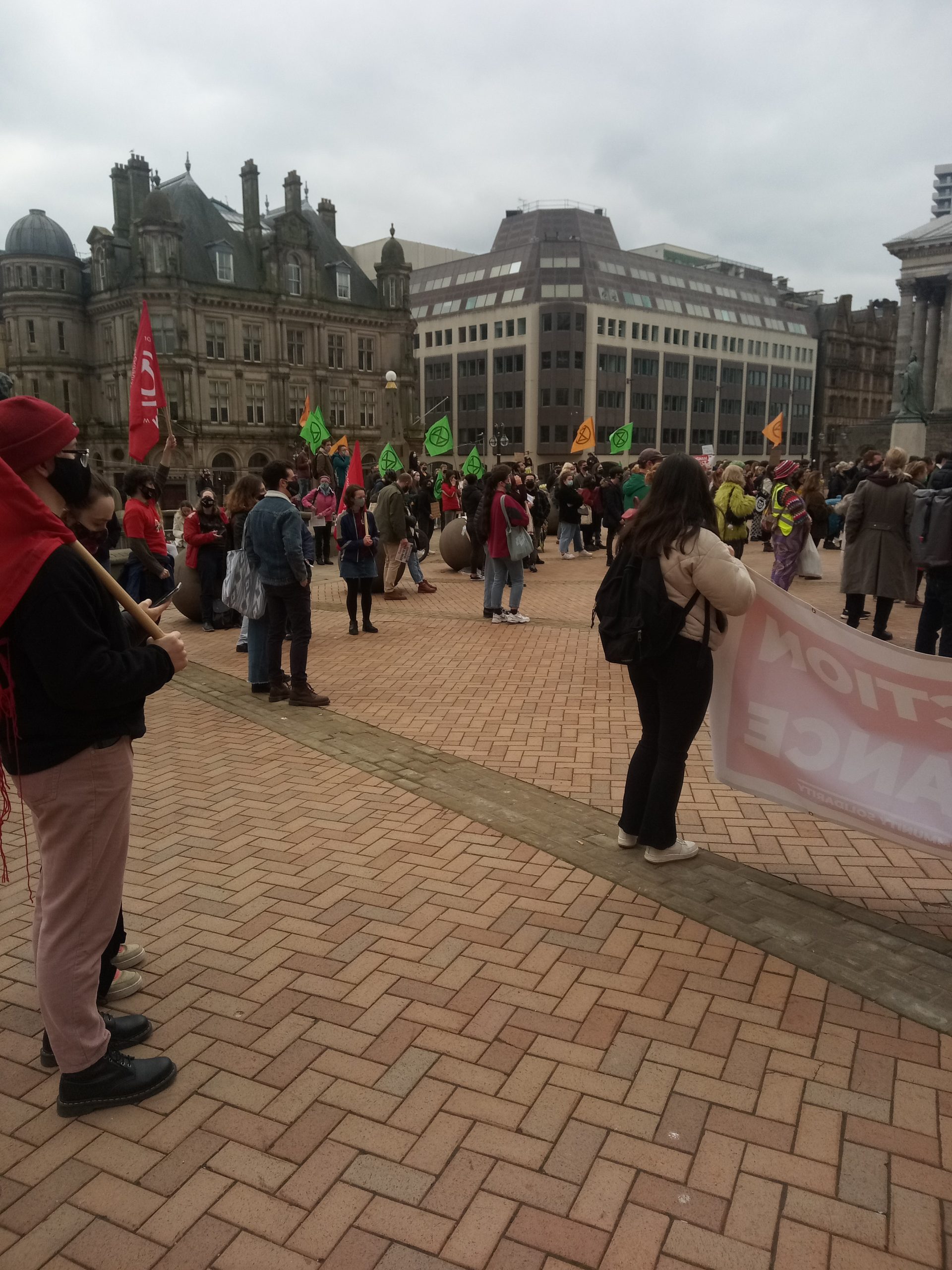

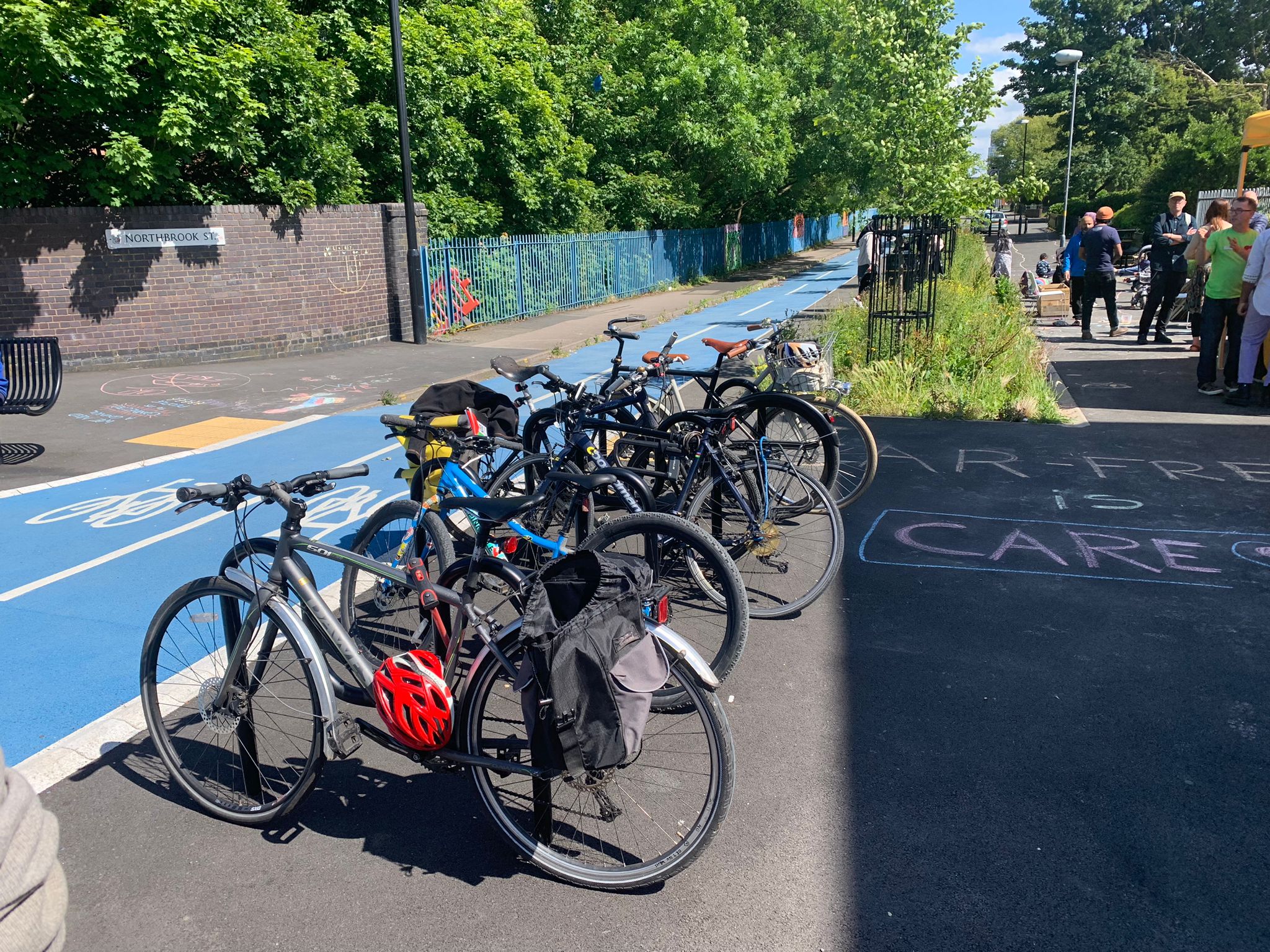

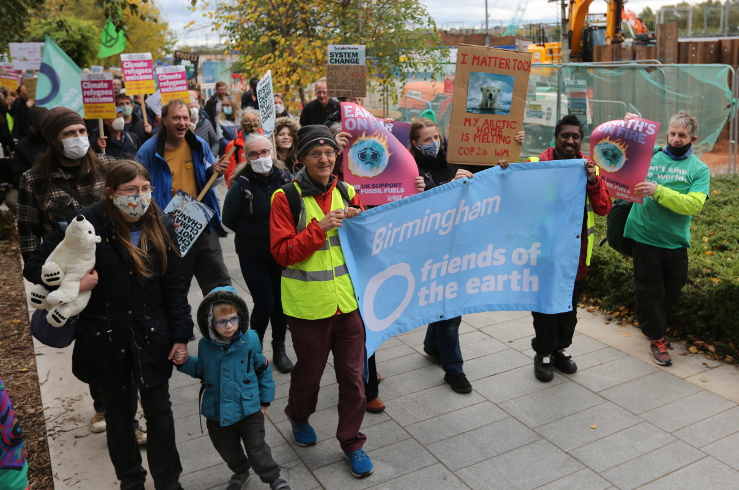
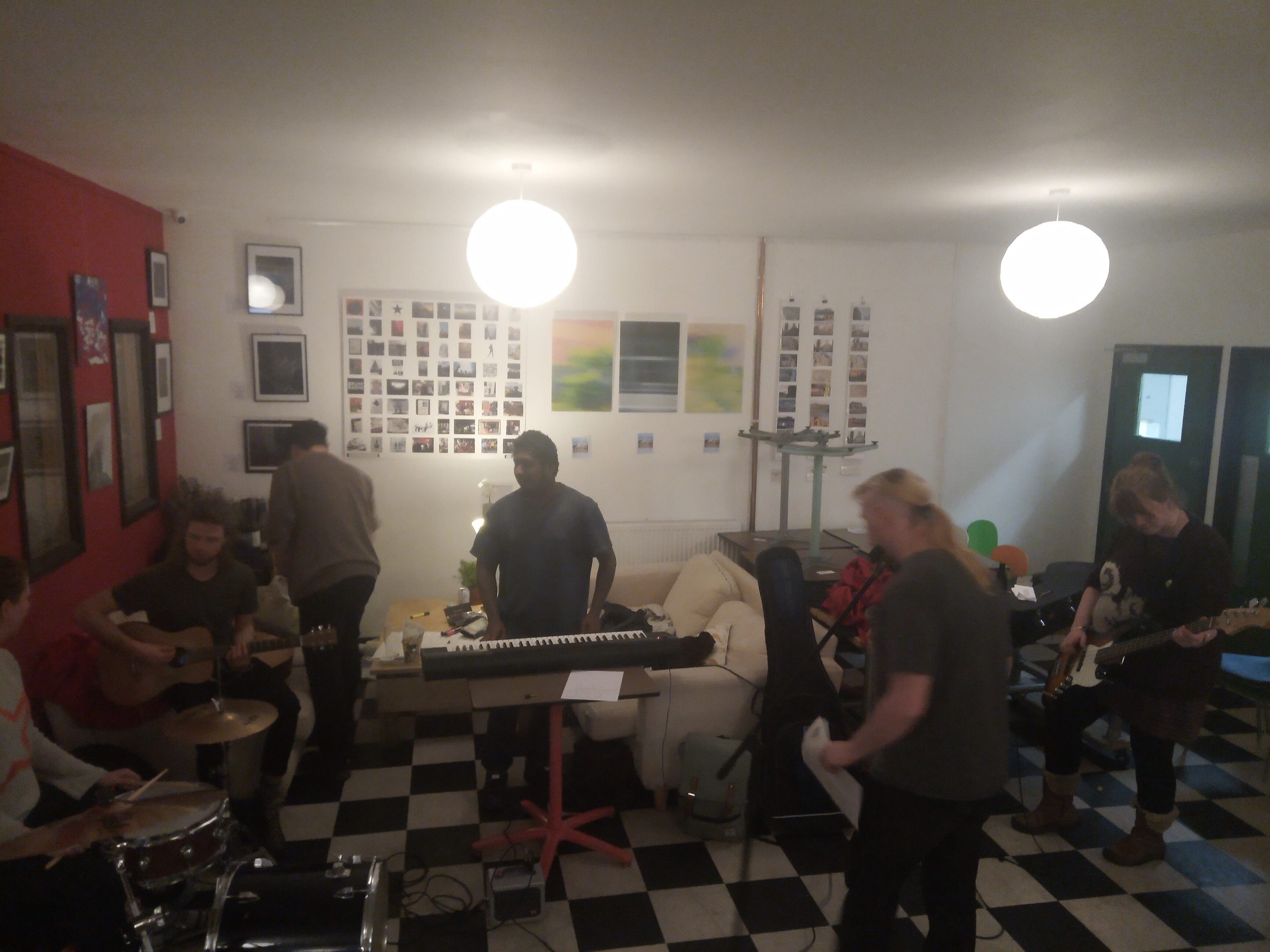
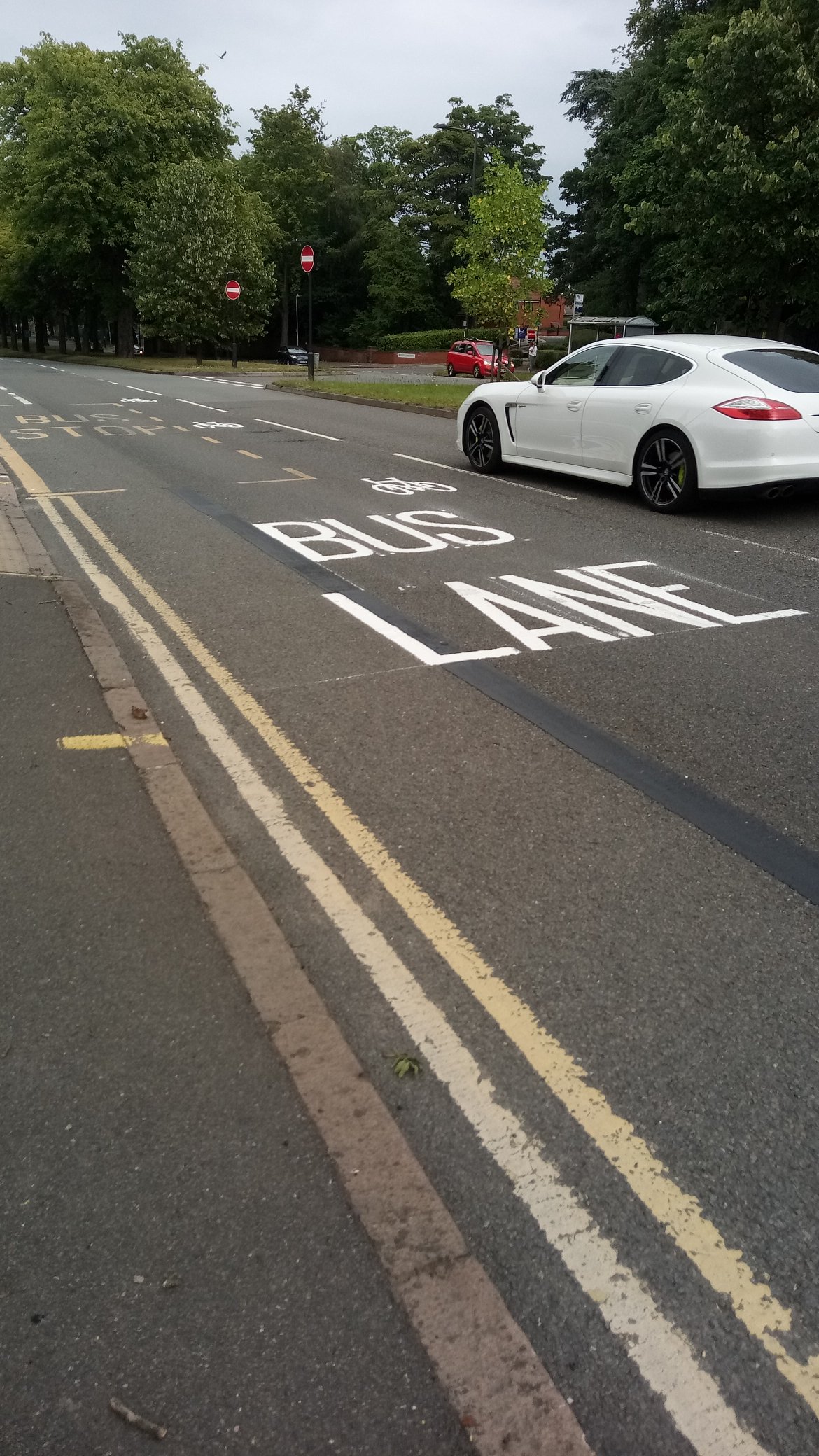
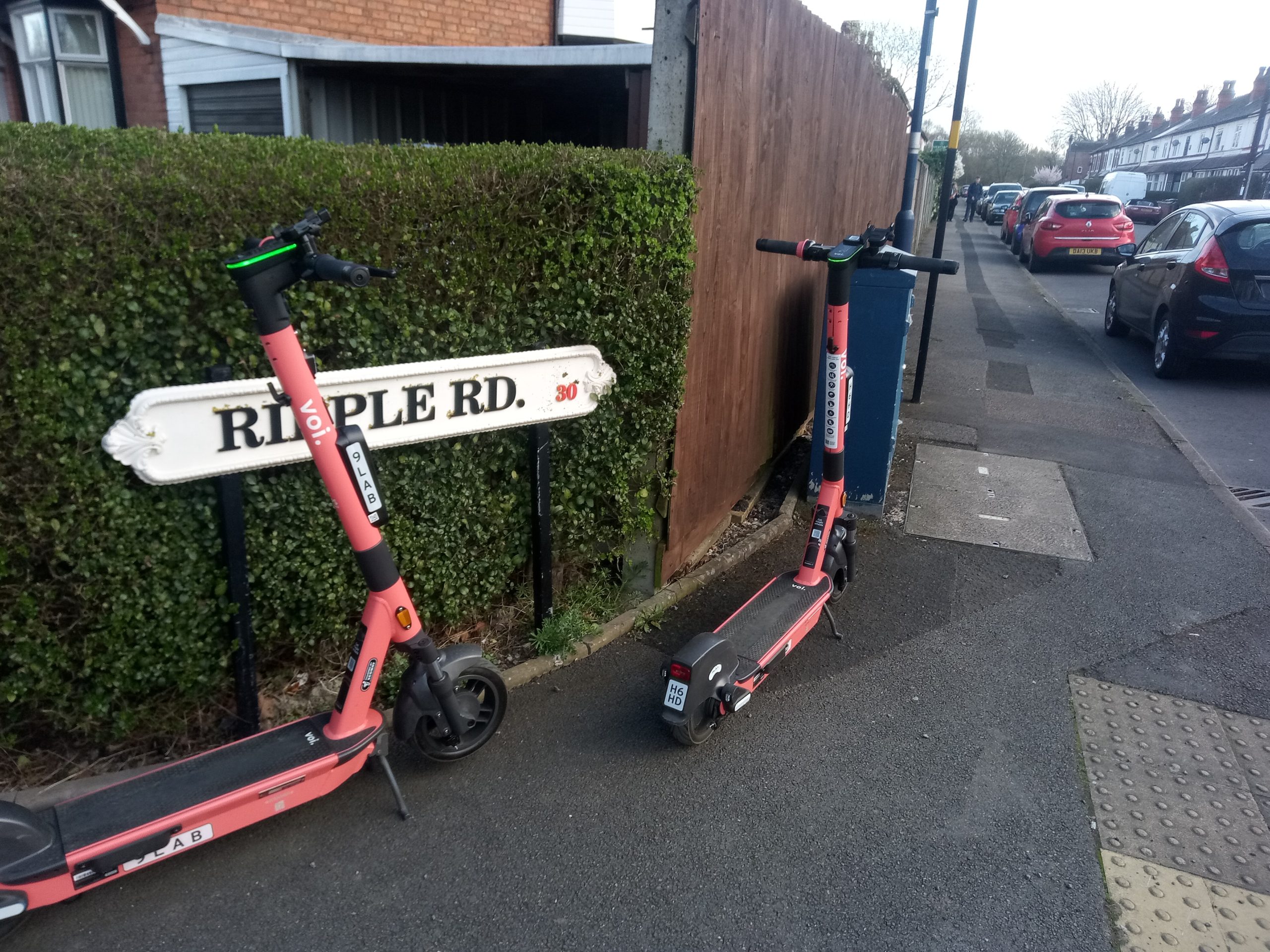
One Response
The FOE position may be of interest: https://friendsoftheearth.uk/system-change/why-police-crime-sentencing-and-courts-bill-harmful-piece-legislation-1